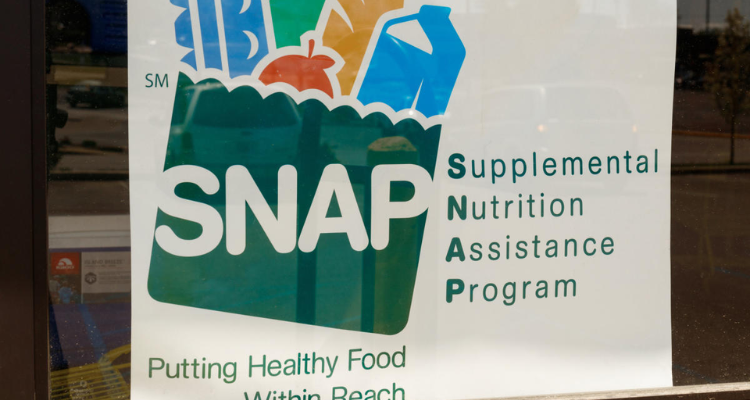The first states to make these changes would be California, Florida, New York and Texas
The White House announces new anti-inflation measures to address loopholes left by the Inflation Reduction Act. Changes to Supplemental Nutrition Assistance Program (SNAP) benefits will initially be implemented in certain states, addressing measures that have been feared for months.
The House of Representatives is currently debating a bill aimed at adjusting SNAP requirements and benefits, commonly known as the food stamp program. This initiative seeks to cut benefits for 5 million people residing in food secure areas in order to save more than $20 billion in federal benefits over five years. Supporters of the bill argue that it will promote greater independence.
Opponents of food aid policies argue that budget cuts could deprive working families and vulnerable groups, such as the elderly and disabled, of access to adequate nutrition. In addition, with the strengthening economy, SNAP enrollments are expected to decline.
Critics argue that the proposed changes could increase food insecurity and worsen economic hardship for families who rely on the program to supplement their income. On the other hand, advocates argue that imposing more stringent work requirements could reduce funding, given that current wages are not sufficient to cover basic needs.
The first states to approve a change in SNAP benefits would be California, Florida, New York and Texas. Initial approval of SNAP benefit changes could result in substantial reductions in several key states if the proposed modifications move forward in Congress.
In California, more than 2 million households could face cuts in their monthly SNAP allotments, averaging $90 less per month. This means that nearly $200 million less in food assistance would be available to needy families, representing more than 4 million Californians who rely on these benefits.
Florida could be one of the hardest hit states, with more than 2.5 million residents currently receiving SNAP. Estimates show that monthly benefits could decrease by an average of $100, impacting hundreds of thousands of households. So far, Governor DeSantis has avoided taking a position on the proposed changes.
In New York, more than 2.7 million residents receive SNAP assistance, with monthly benefits averaging about $200 per household. Under the new rules, cuts of $50 to $75 a month are expected for many families, according to experts. Gov. Hochul has openly criticized these cuts, arguing that they run counter to New York values.
In Texas, about 3.5 million residents rely on SNAP each month. Due to the state’s refusal to increase Temporary Assistance for Needy Families (TANF) cash assistance levels, many families rely heavily on SNAP to make ends meet. One study suggests that more than 500,000 Texas households could face cuts of $80 or more per month.
